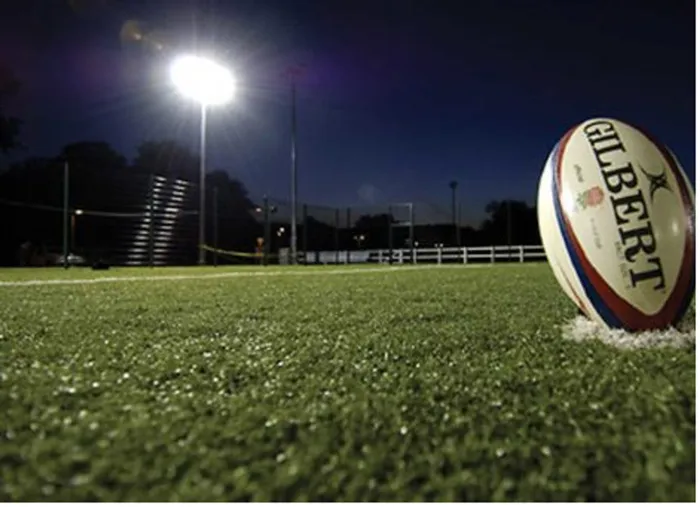16 days of activism: My struggle as a woman sports writer

As a woman reporting on sport, I am
very grateful for the Don’t Look Away
campaign, and I am proud to be a part
of it.
Surely no South African needs any
reminding of the kind of treatment
women get on a daily basis. Surely
nobody needs any briefing on matters
such as gender-based violence. It features in some or other news feed at any
time of day.
Gender-based violence and the snippets thereof have become as common
and as expected as a daily weather report.
It’s everywhere. It’s prominent. And it
seems to show no signs of stopping.
Where does it end?
No one has the exact answer to that
question. But as for where this problem
actually begins, now that’s a branch
with no single root.
As a female reporting on rugby, I
have first-hand experience.
Sure I’ve
never had a guy walk up to me and
physically disagree with my opinion on the sport, but sometimes prejudice and discrimination
don’t need a physical hand print.
“What gives her the right to have
an opinion on this player?”
“What gives her the right to question this coach?”
“Who is she, at what level did she
even play the game?”
“She must be backing this player
because she’s tied to him in some way.”
Those are just some of the stupid
and sexist remarks I’ve had to deal with
on social media, while my inbox
has also seen its fair share of hate mail.
Yes, it’s not everybody, there are
those who accept my work the same
way they’d accept and appreciate a
man’s. But for every email or comment
of praise I get after writing an opinion
piece, for example, three more questioning my credibility or my “right” to
have an opinion about rugby follow.
And sometimes those question marks
don’t even come with a veil. Sometimes
it’s as blatant as a “go write about netball, girl”.
The fact that I still get those
kinds of comments in 2019 is shocking.
I realise it’s not physical violence.
That’s not a man actually laying a hand
on you. But it’s still discrimination. And
everything we as a nation are currently
dealing with starts somewhere.
I have seldom seen or heard of a
male colleague having those kinds of
senseless comments spewed at him.
And on the few occasions that I have
seen their credibility questioned, or
their authority, or their opinion on the
game, it would be based on affiliation
to a team, not their gender.
And it goes further than that.
Can normal South Africans, those
who don’t work in sports, even name
one of our national rugby Fifteens or
Sevens Women’s players? Do they give
a damn about the fact that the Women’s Sevens team have been denied
entry to the 2020 Olympics because
they supposedly don’t have a realistic
chance of winning a medal? Yet Sacoc
are sending the SA Under-23 mens
soccer team, far from the best in Africa,
who qualified via a penalty shoot-out,
to Tokyo.
Do they care about the fact that the
Protea Women’s Cricket team reached
the semi-finals of the World Cup in
2017, while the men crashed out in the
group stages in 2019?
I bet they don’t, because in this day
and age men’s participation in sports
is still considered superior to that of
women, never mind results.
After all,
girls aren’t supposed to play rugby,
or any male-dominated sport for that
matter, right?
Salary discrepancies are everywhere.
Limited or non-existent television
broadcasts for women’s sports are real.
There’s just no equality.
But that’s just sports. That’s just
your standard discrimination that sadly
we’ve come to accept.
Again, gender-based violence is
something else. But everything starts
somewhere.
It starts with women, in any field,
having to prove themselves 10 times
more than a man. It starts with girls
being told they shouldn’t participate
in a certain sport because “it’s not for
them”. It’s starts with women not being
regarded as equal to men when it comes
to their profession. It all starts somewhere.
No wonder, we’re still asking, where
will it end?
* Wynona Louw is a rugby writer for Independent Media.